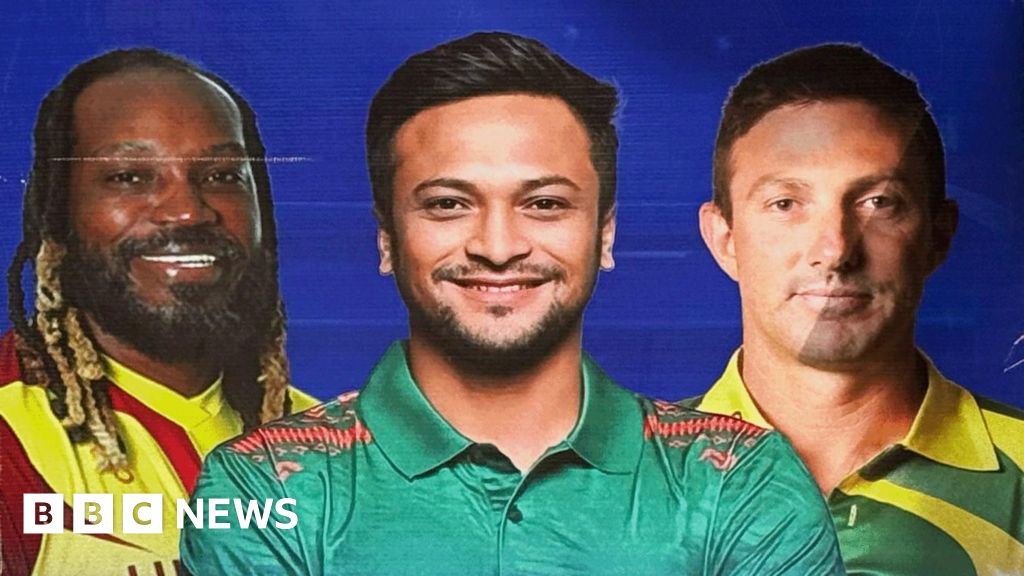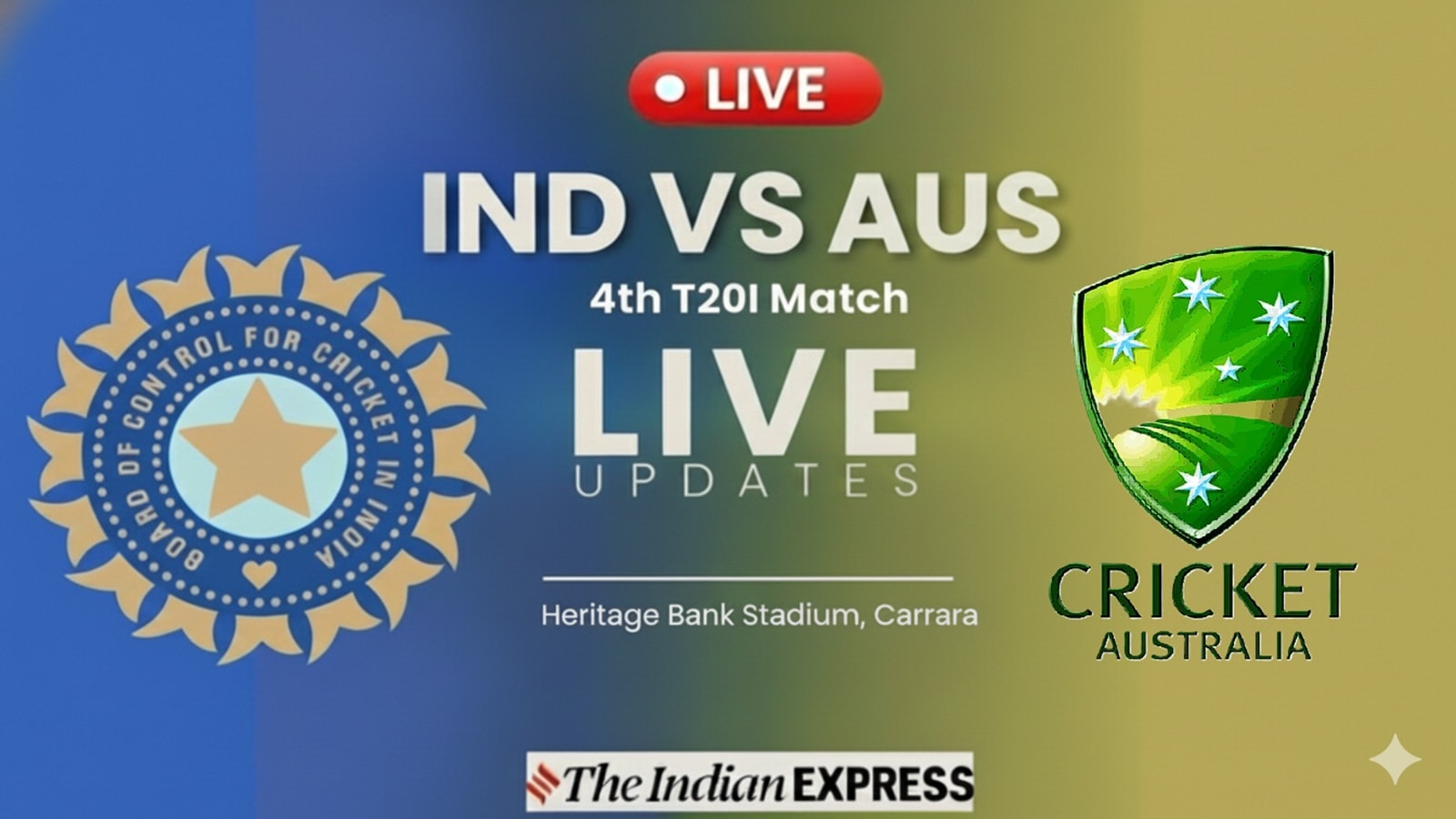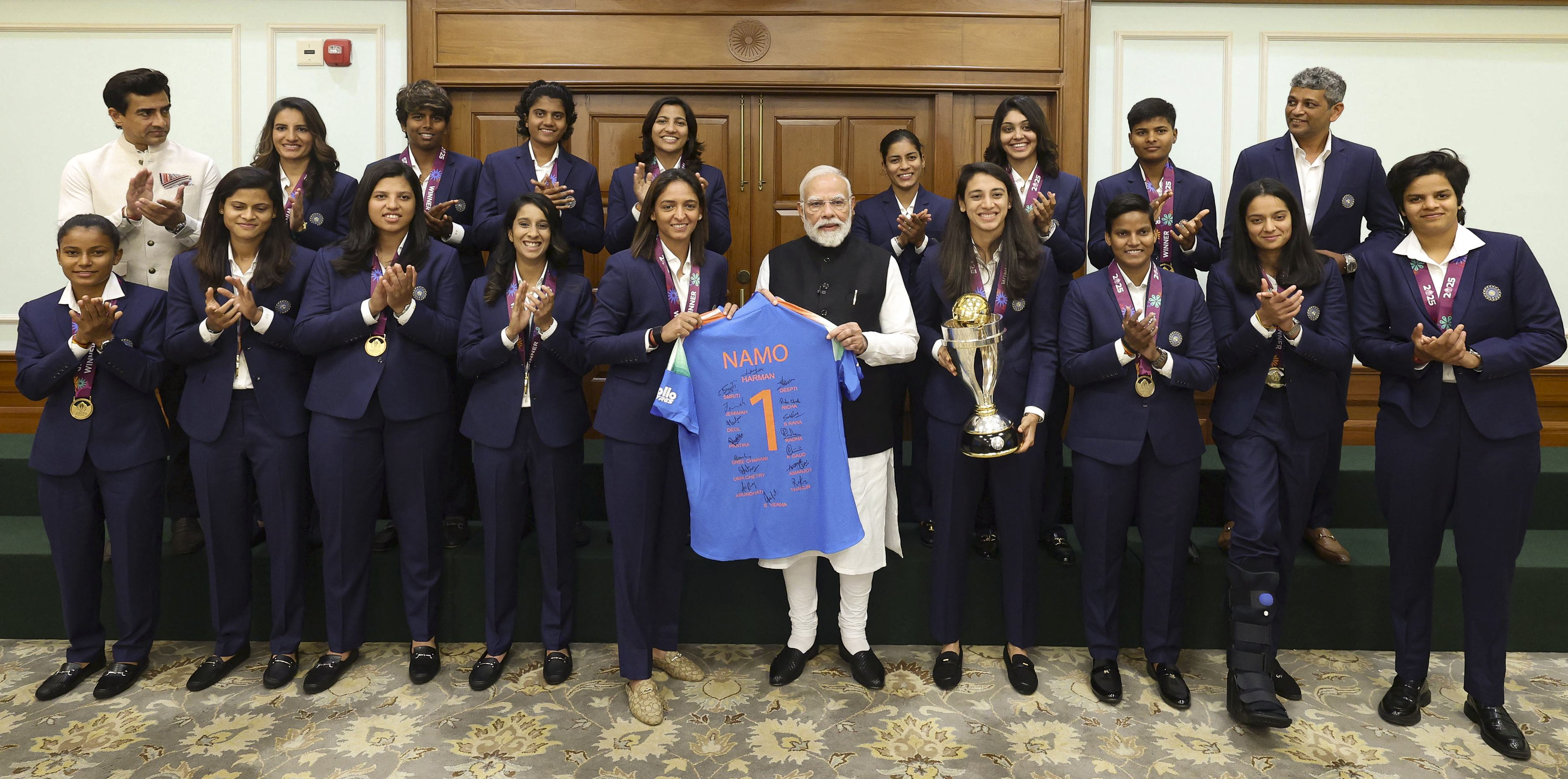How a star-studded Kashmir cricket league bombed as organisers fled

Srinagar, Indian-administered Kashmir – Aasif Manzoor, a 32-year-old cricketer from Anantnag, a district in the south of Indian-administered Kashmir, was readying himself on Saturday morning to play a match in a star-studded tournament.Retired global stars, local cricket icons and up-and-coming players were all part of the Indian Heaven Premier League (IHPL), which organisers had billed as a spectacle that they promised would grip the troubled region and draw large crowds.Instead, Manzoor found himself huddled with his teammates in the corridors of the Radisson, a five-star hotel overlooking the Jhelum River in Srinagar, Indian-administered Kashmir’s biggest city, which was hosting the series.Their hotel bookings had been arranged by the Yuva Society, a private group based in India’s northern state of Punjab, which had also organised the tournament. “The staff was refusing to let us check out,” Manzoor told Al Jazeera.The reason? The organisers had vanished the night before, allegedly after running out of money midway through the tournament.As the hotel bills mounted and ran into millions of rupees, dozens of players like Manzoor found themselves trapped. Scoring runs and taking wickets wasn’t on their minds any more. Getting out of the hotel was.They eventually were able to leave, but the rest of the tournament was scrapped.The embarrassing debacle has raised questions about the event’s planning and the role of the region’s administrators. But to many, the episode is also the latest example of the pitfalls of attempts by the Indian government and corporate entities backed by it to portray a sense of “normalcy” in Kashmir, six years after Prime Minister Narendra Modi’s government scrapped the region’s semiautonomous special status.“It was a shocking experience for us,” Manzoor said.A star-studded show, now ‘abandoned’The fortnight-long cricket tournament kicked off on October 25 in chilly Srinagar as winter set in. The competition had eight teams, including 32 former international cricketers, with the bulk of the rest of the players from Kashmir.Major global stars included former West Indies champion batsman Chris Gayle, ex-Sri Lankan all-rounder Thisara Perera, New Zealand batsman Jesse Ryder, South African Richard Levi and Omani player Ayab Khan.“For the first time, we will have international cricket superstars like Chris Gayle playing for a local Kashmiri team,” Nuzhat Gul, who heads the Jammu and Kashmir Sports Council, said at the beginning of the tournament.“The motive for organising such tournaments was to engage the young positively,” she said, adding that the government had offered infrastructure, publicity and logistical assistance to the organisers.The tournament was supposed to conclude on Friday.But officials who spoke to Al Jazeera on condition of anonymity said the event ran into “sponsorship difficulties”. In other words, sponsors didn’t pay up as they had promised to. That challenge was amplified once it became clear that only a trickle of local Kashmiris was coming to watch the matches at the Bakshi Stadium, a sprawling sports facility in the middle of Srinagar.Things came to a head when the organisers packed up and left in the middle of the night last Friday, leaving players haggling with hotels over unpaid room rents.Trapped at the Radisson, Manzoor said he tried calling the organisers. But no one picked up or returned his calls.“It took a while to understand what was going on.”Eventually, Manzoor said, a senior member from the English Cricket Board, Melissa Juniper, who was also in Srinagar for the event, rang up the British high commission in New Delhi, whose officials spoke to the hotel staff.“They worked out something, and the players were allowed to check out, including myself,” he added. Juniper, he said, stayed back at the hotel while British officials figured out how to clear the dues.The British high commission did not return queries from Al Jazeera on its reported mediation with the hotel staff in Srinagar on behalf of the players. But on Wednesday, Mushtaq Chaya, owner of the Radisson in Srinagar, told reporters that the organisers had defaulted on payments of more than 5 million rupees ($57,531).Meanwhile, FanCode, a cricket streaming app, has since Saturday listed the remaining matches of the competition as “abandoned”.‘Something cool is coming’According to Manzoor, players had started realising that there was something wrong with the event even before the organisers packed up and left.“Local players were demanding that the organisers must first sign a contract with them before they can proceed [to play]. They were assuring us that it would happen. But it did not,” Manzoor said.“Then suddenly, they left without anyone knowing about it. We did not expect it to end this way.”Kashmiri authorities are now facing mounting questions from locals: How was the event given a go-ahead without background checks on the organisers? And did the tournament go through the rigorous scrutiny any event in Kashmir is usually subject to in a region known for sweeping restrictions and surveillance?Police in Kashmir have announced an investigation as regional sports authorities — including Gul of the Jammu and Kashmir Sports Council — are now distancing themselves from the organisers.“If they did this, the law would take its own course,” said Satish Sharma, the minister for youth services and sports in Kashmir. “An inquiry has started, and action will follow. Police have taken up the case.”Al Jazeera tried to reach the Yuva Society but has not received any response. Meanwhile, the organisation’s website appears to be down since the debacle. Details about the organisers are no longer available on the portal.All it still has is a single message flashing on the screen: “Get ready, something cool is coming!”‘A lot of anticipation’For a while, it did seem like something “cool” could be coming to Kashmir.Social media visuals for the event show Gayle, who was one of international cricket’s biggest draws for two decades, taking heavy steps on the damp turf in the Srinagar stadium as his hair swung under a black bandana tied around his forehead.In most shots, the seats around the venue during matches were sparsely occupied. But in one scene, a small crowd of young fans is jumping with jubilation as heavily armed members of the Indian paramilitary forces surround them.“There was a lot of anticipation for this tournament,” Parvez Rasool, arguably Kashmir’s best-known cricketer, told Al Jazeera. “That local Kashmiri cricketers would share the same dressing room as these megastars was a major thing in itself.”Rasool was also to play in the tournament. He rose to stardom in 2013 after briefly playing for the Indian cricket team – the first Kashmiri to do so. His inclusion in the national team was lauded by the Indian media and politicians as an example of the “mainstreaming” of Kashmiris at a time when the region was in turmoil after a crackdown on protesters. Since the late 1980s, Kashmir has been in the throes of an armed rebellion with separatists seeking independence from India.Rasool said his payments have not been settled by organisers so far. “The people who approached me to take part are big names in Indian cricket, so I consented,” he said, without naming the individuals he was referring to.“I don’t agree with the allegations that the event was organised in bad faith, but it seems that it may not have been properly planned. The sponsors have reportedly failed to turn up, and the audience wasn’t even 5 percent of what was expected,” he added.Apples over cricketAnother Kashmiri cricketer who was part of the trials before the main tournament was held said a lot of his peers were already disappointed with the league because of the absence of any formal contracts or payments.“They took a fee of $14 from bowlers and batsmen and of $20 from all-rounders who took part in the trials,” the 24-year-old said on condition of anonymity because he feared repercussions for his comments.“Everything seemed suspicious from the very beginning. Thisara Perera, the Sri Lankan star, played with us. It was embarrassing that even his uniform wasn’t tailored to his size. The size of his sportswear was 46 [inches], but they offered him 42,” the Kashmiri player said, chuckling.While some sports enthusiasts in Kashmir said it was the comparatively high price of the tickets at $4 each that kept spectators away, others blamed the timing of the event, which coincided with the annual apple harvest. As a result, many locals were busy tending to their orchards. Apples provide a livelihood for nearly half the region’s eight million people.“Some matches lasted from 10am until 5 in the evening,” said a video journalist who filmed the tournament for his Instagram page. He spoke on condition of anonymity. “Obviously, who would turn up in the middle of the harvest?”But to some analysts, the tournament’s collapse is also emblematic of the attempts by Modi’s government and local authorities to portray a sense of normalcy in Kashmir.Critics argued that such state-backed events aim to depoliticise Kashmir’s realities even as surveillance tightens, dissent is curbed and political representation remains suspended.In 2019, Modi’s government annulled Kashmir’s special status and downgraded the region into a federally controlled territory during a crackdown on journalists, human rights campaigners and opposition politicians.Omar Abdullah, who returned as Kashmir’s chief minister during last year’s polls, has been pleading in vain with New Delhi to reinstate Kashmir’s pre-2019 powers.Apoorvanand, a Hindi professor at the University of Delhi who writes literary and cultural criticism, told Al Jazeera that the cricket tournament fit a broader pattern.“It’s been a part of Modi’s political repertoire right from 2014 to organise these celebrations to give an appearance of cheerfulness so that his critics don’t question him,” Apoorvanand, who goes by a single name, said, referring to the year Modi became India’s prime minister.Similar events held in Kashmir in the past have come under criticism, such as last month when a popular New Delhi-headquartered television news channel organised a concert featuring popular Indian performer Sonu Nigam.The concert was boycotted by many Kashmiris, citing the performer’s past tweets in which he had criticised the practice of loudspeakers being used for the Islamic call to prayer.“The principal addressees of these events are Modi’s voters across what is known as the country’s Hindi-speaking belt. The message that his administration wants to telegraph is that everything is hunky-dory in the [Kashmir] Valley,” Apoorvanand said.“It is to give them a sense of ownership over the region.”Kashmiri researchers who have been observing the conflict for decades said that while large events such as the cricket competition are by themselves harmless, any effort to use them to send broader messages about the current state of Kashmir is problematic.“If these events are meant to suggest Kashmir is ‘normal’, then what better way to demonstrate [that] than withdrawing the military forces, the draconian laws and the suppression of dissent?” said Mohamad Junaid, an associate professor of anthropology at the Massachusetts College of Liberal Arts in the United States.If the Modi government “wants the world to see ‘normalcy’,” he said, “India could begin by releasing thousands of Kashmiri political prisoners from jails.”




.jpg)








